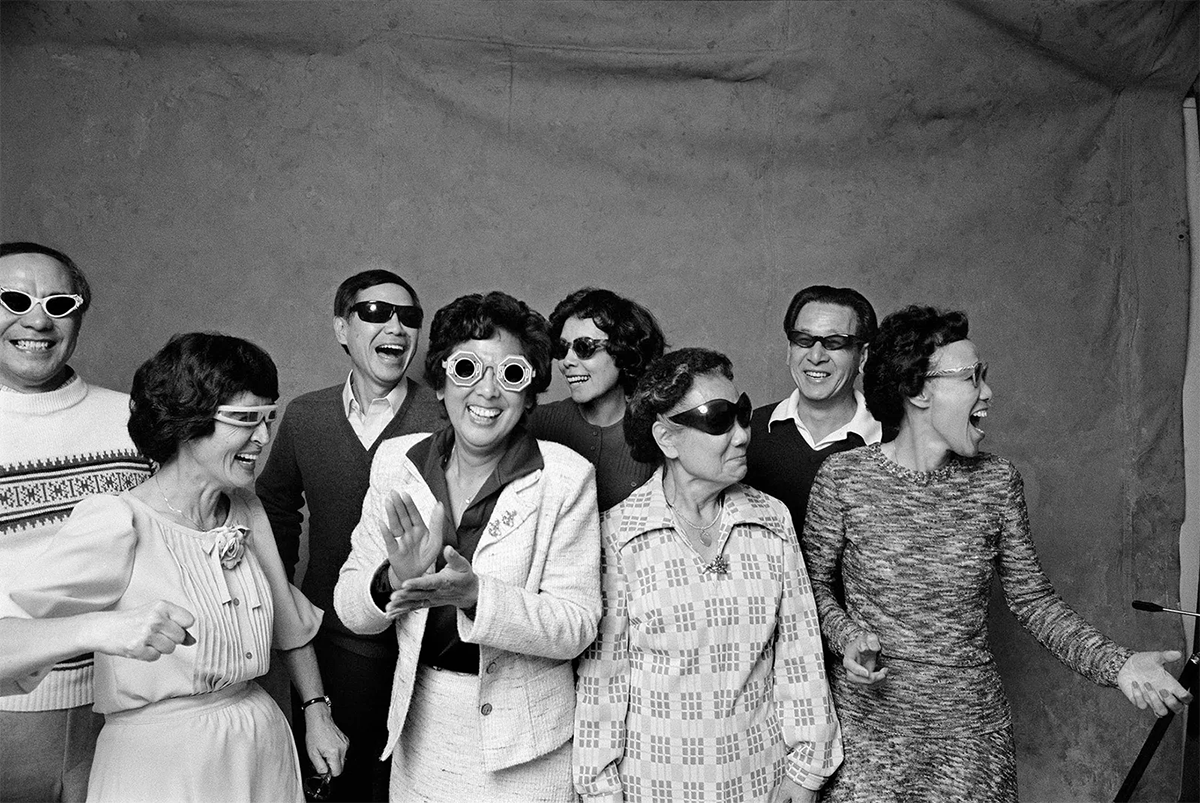Special Topics: Asian American Art

Recent years have witnessed a remarkable groundswell of interest in Asian American art, buoyed in part by a cornucopia of fiction and non-fiction works that has contributed significantly to current thinking on affect, gender, and migration. Likewise, much vital research has been done (and continues to be done) on the work of numerous Asian American visual artists, including Nam June Paik, Theresa Hak Kyung Cha, Mine Okubo, Ruth Asawa, Martin Wong, and Tehching Hsieh. Yet calls for recognition ballasting such research often result in the ossification of a canon of usual suspects wherein the question of representation is diluted to a simplistic dialectic pitting visibility against absence and where increased visibility in a putative mainstream is granted the status of a moral virtue. Building on scholarship traversing the frequently policed separation dividing ethnic studies from art history, this course intervenes in ongoing discussions through a revisionist approach to Asian American art history that neither conforms to reverse ontological models that suppose the impossibility or non-existence of Asian America nor to affirmative identitarianism presuming either a readymade or self evident Asian America. Together we will explore Asian American art as a particularly effective manifestation of the global majority project which seeks to identify streams of affiliation that rejects U.S.-rooted conceptions of race and class as its ultimate horizon. Readings will draw not only from art history and Asian American studies, but from performance studies, African and African American intellectual history, and comparative philosophy, among other areas.
Meets with HISTART 497-004